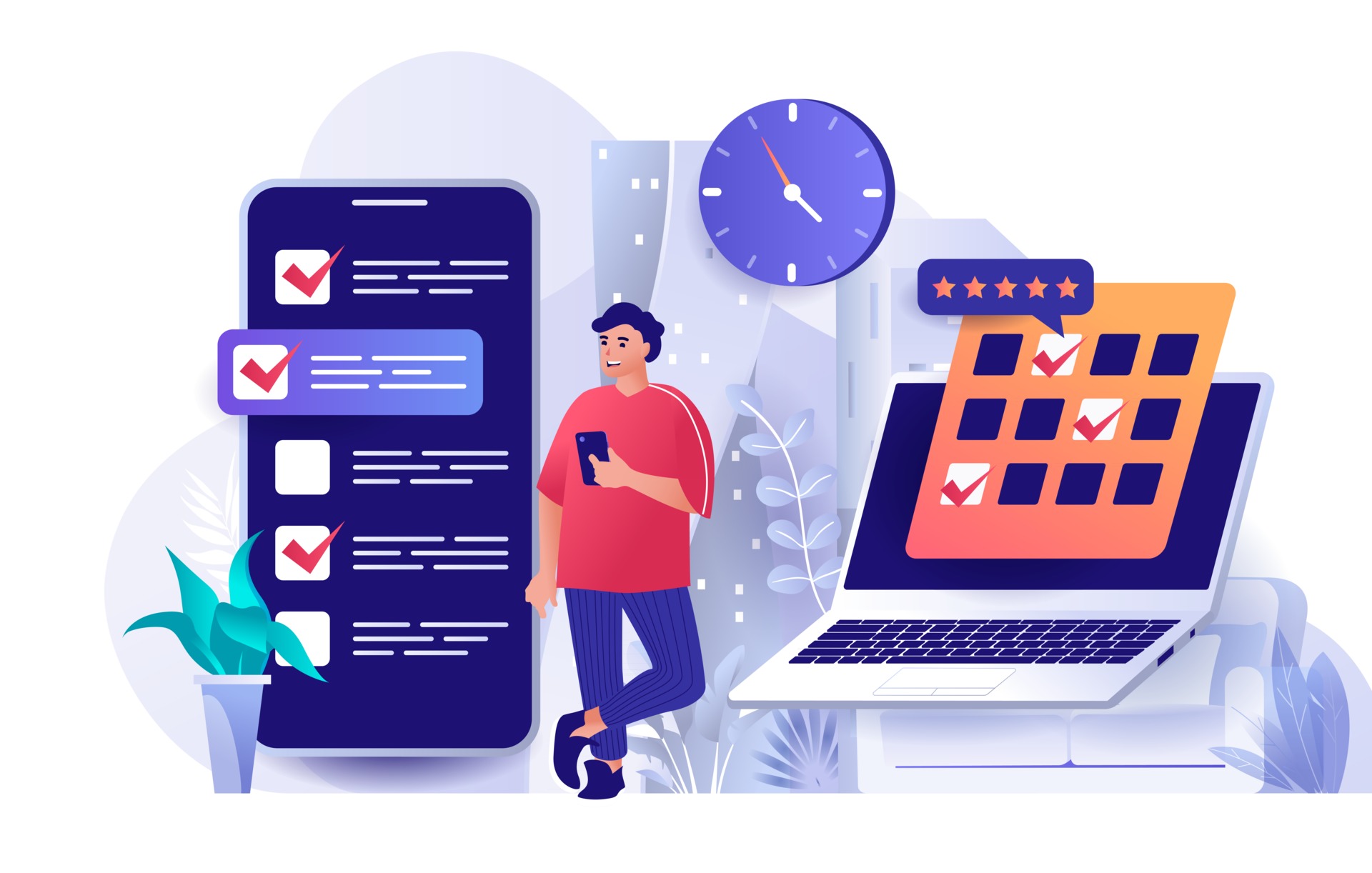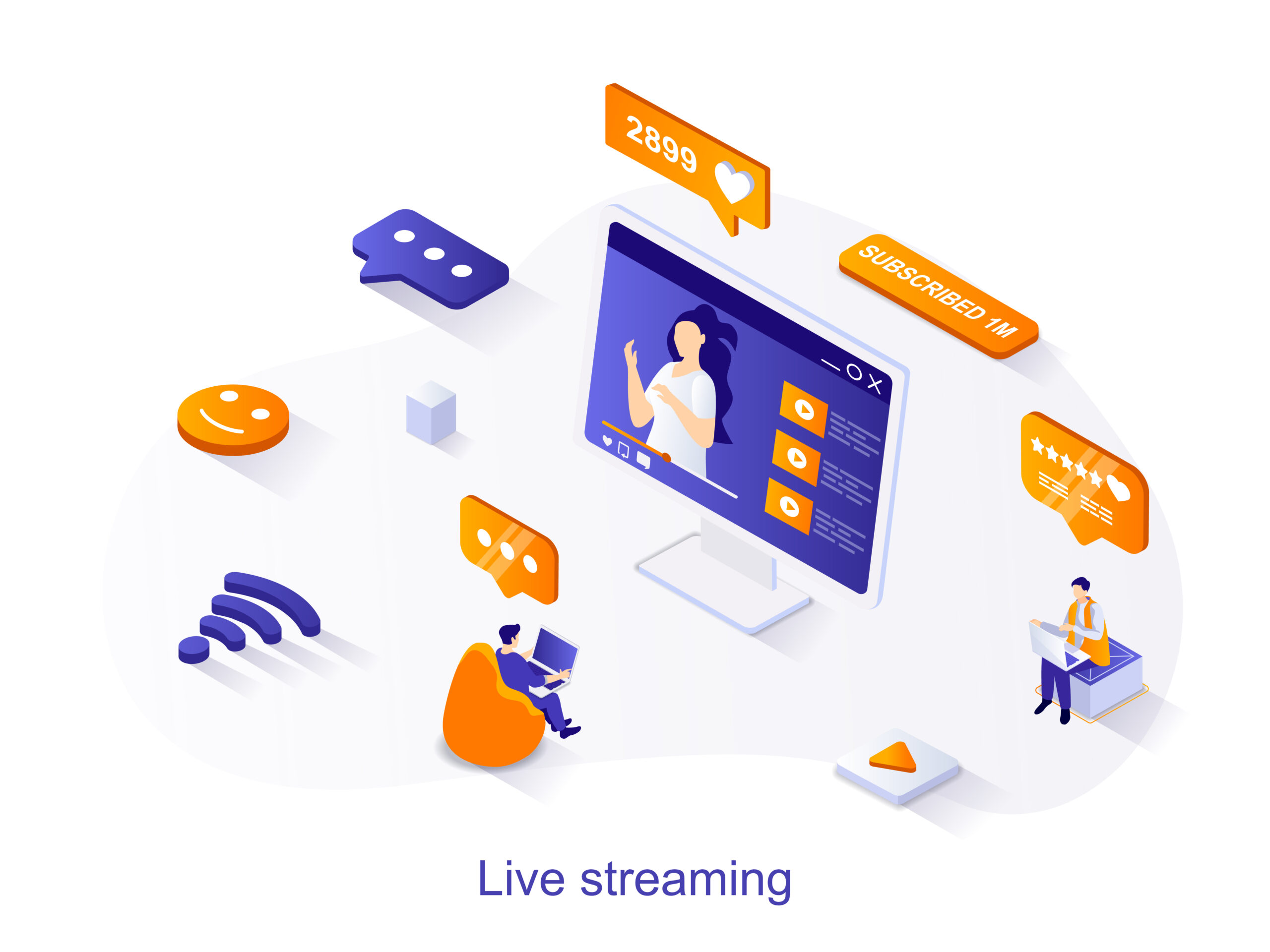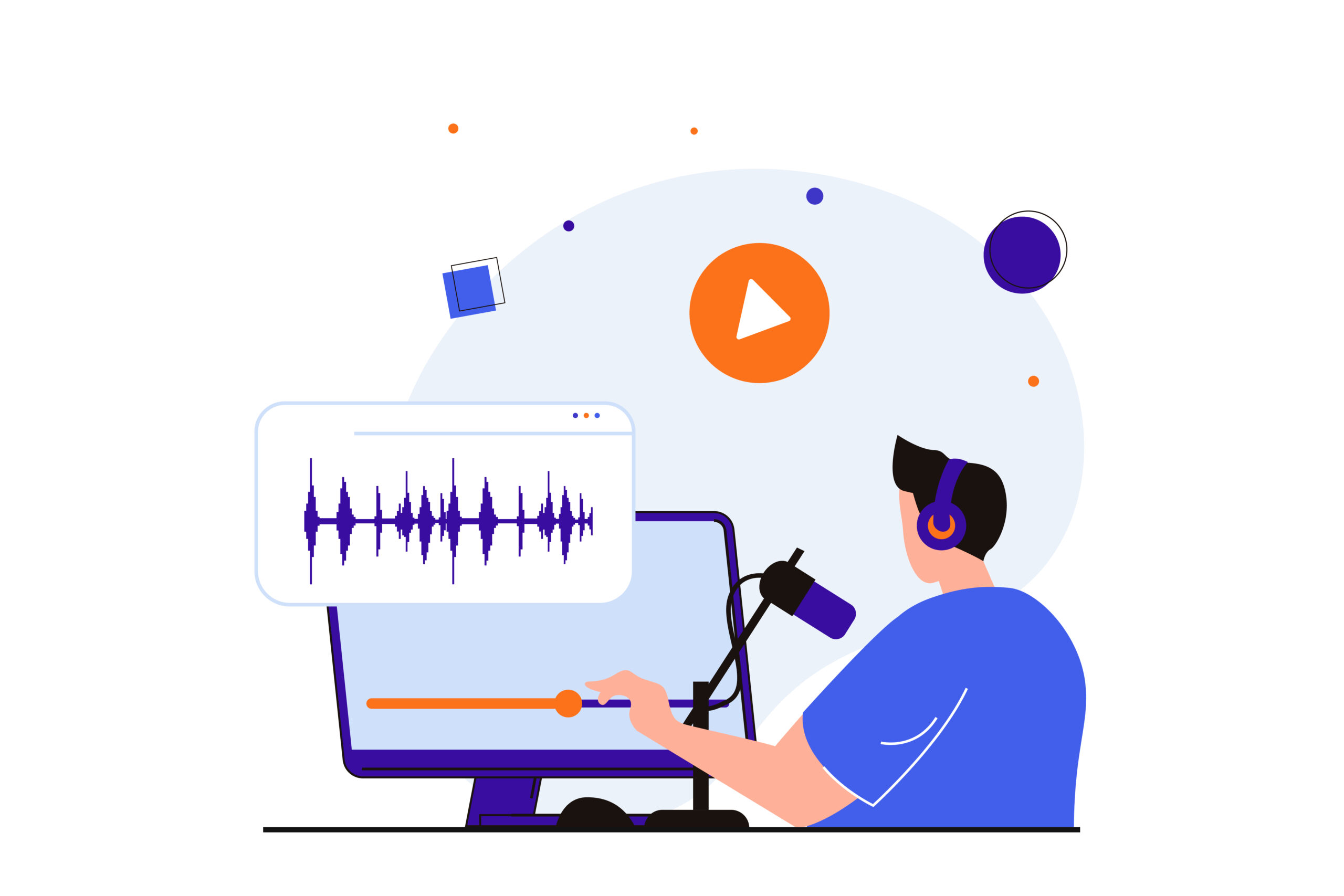Top 10 Mistakes New B2B Podcasters Make

As the popularity of podcasts continues to soar in the B2B world, it’s crucial to steer clear of common pitfalls that could derail your podcasting journey. In this article, we will discuss the top 10 mistakes new B2B podcasters make and learn how to navigate this thriving medium with success.
Key Takeaways
- Pick a podcast name that connects with your audience, reflects your niche, and isn’t too focused on yourself—it’s about the listeners.
- Maintain a consistent publishing schedule and let your listeners know when to expect new episodes to keep them hooked and manage expectations.
- Look beyond social media to grow your audience; network with industry pros, consider paid ads, and don’t forget to optimize your podcast for SEO.
Choosing the Wrong Podcast Name

Starting a podcast can be thrilling, yet a frequent error made by novices is selecting an inappropriate podcast name. While an appealing name might seem attractive, the actual challenge lies in picking a name that aligns with your target audience and interests. Given that your listeners are fundamental to your podcast’s success, selecting a name that genuinely resonates with them is paramount.
Aligning with Your Target Audience
Your podcast name should echo your audience’s interests and reflect your target niche. The more your podcast name aligns with your listener’s interests, the more likely they are to tune in. This strategy aids in growing your audience and aids in producing valuable content for your listeners.
Avoiding Overly Self-Centered Names
While naming your podcast after your company or expertise may seem convenient, always remember that your podcast is about your listeners, not yourself. A podcast name that focuses on the listener’s interests rather than your own will resonate more strongly and attract more potential listeners.
Neglecting Consistency in Publishing Schedule

Another common pitfall new podcasters often fall into is neglecting a consistent publishing schedule. Remember, your listeners adapt their routines to your podcast episodes, and inconsistency can cause engagement to decline. To avoid these common mistakes, ensure you maintain a regular schedule for releasing your podcast episodes.
Setting a feasible publishing schedule and adhering to it aids in not only retaining your listeners but also strengthening your relationship with them through effective content marketing. By targeting mainstream publications and utilizing press releases, you can further expand your reach and credibility, especially among radio stations.
Establishing a Realistic Schedule
Formulating a publishing schedule that fits your workflow is important. Consider the amount of time you can consistently devote to creating and publishing your podcasts. This could mean recording multiple episodes in one sitting or choosing to release less frequently to create content effectively.
The important thing is to create a schedule that you can realistically maintain.
Communicating Your Schedule to Listeners
Having set a consistent publishing schedule, it’s equally significant to relay this information to your listeners. This helps manage their expectations and maintains their interest in your podcast. You can communicate your schedule through various channels, such as mentioning it during your podcast episodes, sending out emails to subscribers, or sharing it on your social media platforms.
Failing to Promote Beyond Social Media

Although social media is an effective platform for promoting your podcast, other methods also exist for audience expansion. Leveraging industry connections and utilizing paid advertising can significantly boost the visibility of your podcast, reaching new listeners who may not be part of your existing social media following. In addition, podcast marketing strategies can further enhance your reach and attract a larger audience.
Leveraging Industry Connections
Interaction with industry professionals can lead to cross-promotion opportunities, expanding your podcast’s reach substantially. Through networking, you can access the established audience of other industry professionals, bringing new listeners to your podcast.
Utilizing Paid Advertising
Investing in paid advertising is another effective strategy for reaching new listeners. Utilizing paid ads can help you:
- Target potential listeners who are interested in your podcast’s niche
- Reach a larger audience
- Increase brand awareness
- Drive more traffic to your podcast
- Generate more downloads and subscriptions
- Build a community of engaged and loyal listeners
Ignoring Podcast SEO

In the current digital era, SEO is as important for podcasts as it is for websites. Optimizing your podcast for search engines can significantly boost your visibility, making it easier for potential listeners to discover your podcast.
This includes optimizing your episode titles and descriptions with relevant keywords and providing transcripts for each episode.
Optimizing Episode Titles and Descriptions
Episode titles and descriptions hold a significant role in podcast SEO. Using targeted keywords in your titles and descriptions can improve your podcast’s search engine ranking, making it easier for potential listeners to discover your podcast.
Using Transcripts and Show Notes
Supplying transcripts and detailed show notes enhances podcast accessibility for a broader audience and boosts its search engine ranking. Transcripts and show notes provide additional text that can be crawled by search engines, boosting your podcast’s SEO.
Overlooking Audio Quality

Superior audio quality is a must for any podcast. Even with exceptional content, inferior audio quality can deter listeners. Hence, investing in appropriate equipment and addressing any noise or editing issues is a prerequisite for a successful podcast.
Investing in Proper Equipment
Investment in high-quality recording equipment is a proven method to guarantee superior audio. While quality equipment may seem like a significant upfront cost, it’s an investment that pays dividends in the form of a professional-sounding podcast.
Addressing Background Noise and Editing Issues
Background noises and substandard audio editing can greatly affect the listener’s experience. Therefore, it’s essential to minimize background noise during recording and to use editing software to enhance your podcast’s audio quality.
Not Engaging with Listeners
Interaction with your listeners is key to cultivating a devoted audience and fostering audience growth. Responding to comments and reviews, and utilizing social media for interaction, can foster a sense of community among your listeners, making them more inclined to tune in to each episode.
Responding to Comments and Reviews
Acknowledging and responding to listener comments and reviews can boost listener loyalty. This simple act shows your listeners that you value their opinions, which can encourage them to continue engaging with your podcast.
Utilizing Social Media for Listener Interaction
A social media platform offers valuable opportunities for listener interaction, while also complementing your podcast’s RSS feed. These platforms allow you to create engaging social media posts and:
- Share updates
- Gather feedback
- Directly engage with your listeners
- Foster a sense of community around your podcast
Disregarding Copyright Laws
Compliance with copyright laws is a fundamental aspect of podcasting. Using copyrighted material without permission can lead to legal issues. Therefore, you must ensure that you have the necessary permissions to use any copyrighted material in your podcast.
Inadequate Show Preparation and Research
Adequate preparation and research are key for a seamless and compelling podcast. Conducting pre-interviews and developing episode outlines can help ensure that you’re well-prepared for each episode.
Conducting Pre-Interviews
Carrying out pre-interviews with your guests can reveal distinctive viewpoints and intriguing discussion points. This can lead to more engaging conversations and a better listener experience.
Developing Episode Outlines
Creating episode outlines can:
- Steer your discussion
- Guarantee coverage of all pertinent topics
- Help you stay organized during recording
- Ensure a smooth flow for your listeners
Not Tracking Podcast Performance
Monitoring your podcast’s performance is critical for identifying improvement areas and gauging success. This can be achieved through the use of analytics tools and by setting performance benchmarks and goals.
Using Analytics Tools
Podcast analytics tools can provide valuable insights into podcast listeners’ demographics, preferences, and behavior. These insights can help you better tailor your podcast to your audience, leading to a more engaging and successful podcast on platforms like Apple Podcasts.
Setting Benchmarks and Goals
Setting performance benchmarks and goals can help you track your podcast’s progress and make data-driven decisions for improvement. Whether it’s increasing audience feedback or tracking performance metrics, having clear goals can guide your podcasting journey.
Summary
In this podcasting journey, avoiding common pitfalls can lead to a more successful and engaging podcast. From choosing the right name to engaging with your listeners, each step plays a crucial role in the overall success of your podcast.
Frequently Asked Questions
What to avoid when starting a podcast?
Avoid focusing solely on getting the best equipment, obsessing over statistics, starting without a niche, and talking down to your audience when starting a podcast. It’s important to also avoid waiting for your audience to find you and starting without pre-recorded episodes.
Why do so many podcasts fail?
Many podcasts fail due to a lack of consistency, as most podcasters quit after the first few episodes instead of sticking to a schedule. This inconsistency can lead to a podcast’s failure.
How do I create a successful B2B podcast?
To create a successful B2B podcast, focus on developing relationships with industry influencers and thought leaders, target high-level decision-makers and specialists, and plan your content, equipment, and promotion effectively. This will help establish your organization as an expert in the market.
How much do new podcasters make?
New podcasters can expect to make around $500 to $900 with 10,000 downloads per episode, but successful podcasts can earn much more, even up to $30 million annually.